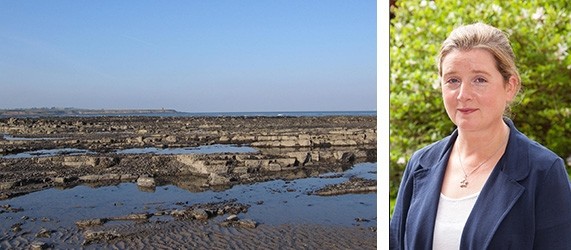The findings of our empirical tests show how predicted increases in wave disturbance and ocean warming, together with climate-driven species range shifts, concurrent with other stressors (e.g. invasive species, nutrient enrichment etc.) are likely to have profound impacts on coastal communities. Our findings underpin the development of a new conceptual model to assess the multiple components of community stability (e.g. resistance, resilience, robustness etc.). Our experimental tests have shown how some of these components may be correlated. If this is correct, it would enable us to more readily make predictions of the effects of stressors on the multiple aspects of community stability. Moreover, we have shown that failing to consider the multidimensionality of stability is limiting our understanding of the factors that regulate ecosystem services and sustainability.
This lack of understanding has hindered policy makers from linking the conclusions drawn from theoretical and empirical studies to tangible information useful for environmental resource management. Understanding the fundamental ecology driving key processes and ecosystem services is vital to address urgent challenges including global food security and energy demands – both of which will be discussed.
Nessa O’Connor is a marine biologist and community ecologist. Nessa earned her PhD in 2004 with Tas Crowe at University College Dublin. She then moved to UNC Chapel Hill to work with John Bruno before returning to Ireland to work at University College Cork with Mark Emmerson before joining the faculty at Queen’s University Belfast in 2010 where she established her team investigating the importance of biodiversity, ecosystem functioning and habitat structure in coastal ecosystems. She became Assoc. Prof in 2016 moved to Trinity College Dublin in 2017.
Colloquium: Blue solutions to global challenges: why we need experimental tests of environmental change on species interactions in benthic ecosystems
Date: Thursday 19th April 2018
The consequences of species loss in the face of environmental change remain difficult to predict, given the complexity of interactions among species and the context-dependence of their functional roles within ecosystems. We have identified the functional roles of several key species in coastal ecosystems and manipulated environmental contexts to test how the impacts of multiple stressors affect rates of ecosystem functioning.
